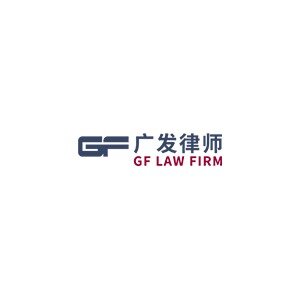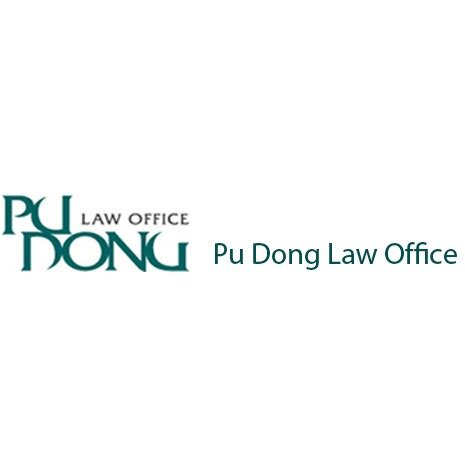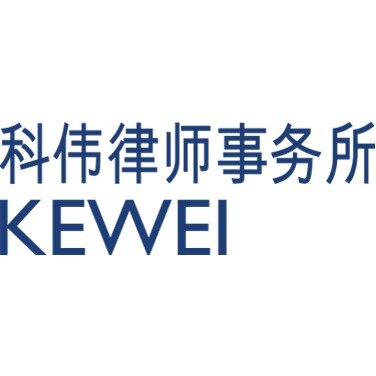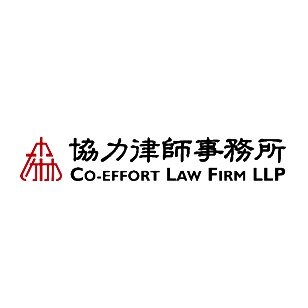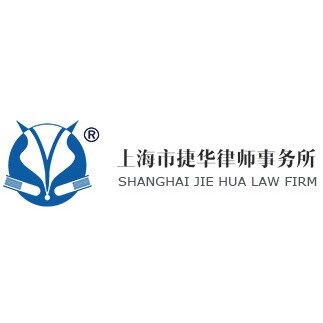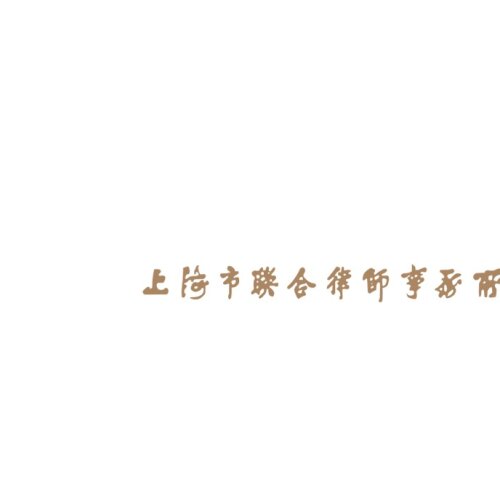Best Antitrust Litigation Lawyers in Shanghai
Share your needs with us, get contacted by law firms.
Free. Takes 2 min.
List of the best lawyers in Shanghai, China
About Antitrust Litigation Law in Shanghai, China
Antitrust litigation in Shanghai, China, involves legal disputes related to the enforcement of competition laws such as the Anti-Monopoly Law (AML) of the People’s Republic of China. This area of law focuses on preventing monopolistic practices, promoting fair competition, and protecting consumers from anti-competitive conduct. Since becoming effective in 2008, the AML has empowered individuals and businesses to challenge activities such as abuse of market dominance, price-fixing cartels, and merger control violations. Shanghai, as a commercial and financial center of China, frequently witnesses antitrust disputes involving both domestic and international companies.
Why You May Need a Lawyer
There are various scenarios where individuals or businesses might require legal expertise in antitrust litigation in Shanghai:
- Suspecting a competitor of abusing a dominant market position, such as imposing unfair prices or restricting supply.
- Being investigated by regulatory authorities for alleged antitrust violations.
- Seeking to challenge unfair contractual terms or exclusive arrangements by larger companies.
- Pursuing damages for losses caused by price-fixing, bid-rigging, or market allocation agreements.
- Complying with merger filing requirements and navigating merger review procedures.
- Responding to dawn raids or information requests by competition authorities.
- Needing guidance about commercial agreements to ensure antitrust compliance.
A lawyer well-versed in antitrust law can provide advice, representation, and support throughout the investigation and litigation processes, helping you mitigate risks or pursue remedies.
Local Laws Overview
The most significant statute governing antitrust matters in Shanghai is the Anti-Monopoly Law of the People’s Republic of China. This law applies nationwide and covers several key areas:
- Monopoly Agreements: Prohibits agreements between businesses that fix prices, restrict output or sales, divide markets, or engage in collective boycotts.
- Abuse of Dominant Position: Forbids dominant companies from engaging in practices such as predatory pricing, refusing to deal, imposing exclusive dealing obligations, or tying products together in ways that restrict competition.
- Merger Control: Requires companies to file merger notifications with competition authorities when certain thresholds are met, so authorities can review whether the transaction may restrict competition.
- Antitrust Enforcement Bodies: The State Administration for Market Regulation (SAMR) is the principal authority for enforcing the AML at the national level, while provincial and municipal offices, such as the Shanghai Administration for Market Regulation, also play important roles in investigating and resolving local cases.
- Private Litigation: Victims of antitrust violations can file civil lawsuits seeking injunctive relief or damages, sometimes after or alongside government enforcement actions.
Since the AML’s introduction, courts in Shanghai have increasingly handled complex antitrust disputes, including those with cross-border elements.
Frequently Asked Questions
What counts as monopolistic behavior under Chinese antitrust law?
Monopolistic conduct includes forming anti-competitive agreements, abusing a dominant market position, or executing mergers that restrict or eliminate competition.
Can individuals or businesses sue for antitrust violations in Shanghai?
Yes, under the AML, both individuals and businesses can bring civil lawsuits in court if they are harmed by anti-competitive conduct.
Who investigates and enforces antitrust laws in Shanghai?
The Shanghai Administration for Market Regulation primarily investigates local cases, under the guidance and coordination of the national State Administration for Market Regulation (SAMR).
What kind of evidence is needed for an antitrust claim?
You will need documentation or other proof of anti-competitive behavior, such as contracts, emails, pricing data, market analysis, or witness testimony.
What penalties can be imposed for antitrust violations?
Penalties may include hefty fines, confiscation of illegal gains, business rectification orders, and court-mandated compensation for affected parties. In serious cases, criminal liability may also apply.
Is merger notification mandatory in all mergers or acquisitions?
No, notification is only required when the parties’ turnover meets or exceeds specific thresholds defined by law. A lawyer can help you determine if your transaction qualifies.
How long does antitrust litigation typically take in Shanghai?
The timeline varies depending on the case’s complexity, the volume of evidence, and court schedules. Investigations and litigation can last several months to years.
Can international companies be subject to antitrust litigation in Shanghai?
Yes, the AML applies to foreign companies if their conduct affects the Chinese market, even if the conduct occurs outside China.
What defenses are available in antitrust litigation?
Common defenses include demonstrating lack of dominant market position, reasonable conduct, or that the actions in question fostered, rather than restricted, competition.
Are settlements possible in antitrust disputes in Shanghai?
Settlements are possible, especially in civil proceedings. However, government enforcement actions may still proceed independently of private settlements.
Additional Resources
If you are seeking more information or assistance regarding antitrust litigation, you may find the following resources helpful:
- Shanghai Administration for Market Regulation (AMR): The local authority responsible for investigating and enforcing competition laws in Shanghai.
- State Administration for Market Regulation (SAMR): China’s chief national authority for antitrust enforcement and policy guidance.
- Shanghai Bar Association: Provides directories of licensed lawyers, including those with experience in antitrust and competition law.
- China Judgments Online: Public database for court decisions, useful for researching case precedents in antitrust litigation.
- Legal Aid Centers in Shanghai: For individuals who may qualify for free or subsidized legal services.
Next Steps
If you believe you are involved in, or affected by, potential antitrust violations in Shanghai, it is important to act promptly and seek professional legal advice. Here is how you can proceed:
- Gather all relevant documentation and evidence concerning the suspected anti-competitive conduct or investigation.
- Contact a qualified lawyer or law firm in Shanghai with expertise in antitrust litigation for an initial consultation.
- If you are facing an investigation, do not destroy relevant documents or communicate with investigators without legal counsel present.
- For businesses, implement or review internal compliance programs to reduce the risk of violating competition laws in the future.
- Stay informed by consulting additional resources and monitoring legal developments in antitrust law in China.
Engaging a knowledgeable antitrust lawyer early in the process can help you avoid costly mistakes, understand your rights and obligations, and improve your chances of a favorable outcome.
Lawzana helps you find the best lawyers and law firms in Shanghai through a curated and pre-screened list of qualified legal professionals. Our platform offers rankings and detailed profiles of attorneys and law firms, allowing you to compare based on practice areas, including Antitrust Litigation, experience, and client feedback.
Each profile includes a description of the firm's areas of practice, client reviews, team members and partners, year of establishment, spoken languages, office locations, contact information, social media presence, and any published articles or resources. Most firms on our platform speak English and are experienced in both local and international legal matters.
Get a quote from top-rated law firms in Shanghai, China — quickly, securely, and without unnecessary hassle.
Disclaimer:
The information provided on this page is for general informational purposes only and does not constitute legal advice. While we strive to ensure the accuracy and relevance of the content, legal information may change over time, and interpretations of the law can vary. You should always consult with a qualified legal professional for advice specific to your situation.
We disclaim all liability for actions taken or not taken based on the content of this page. If you believe any information is incorrect or outdated, please contact us, and we will review and update it where appropriate.




